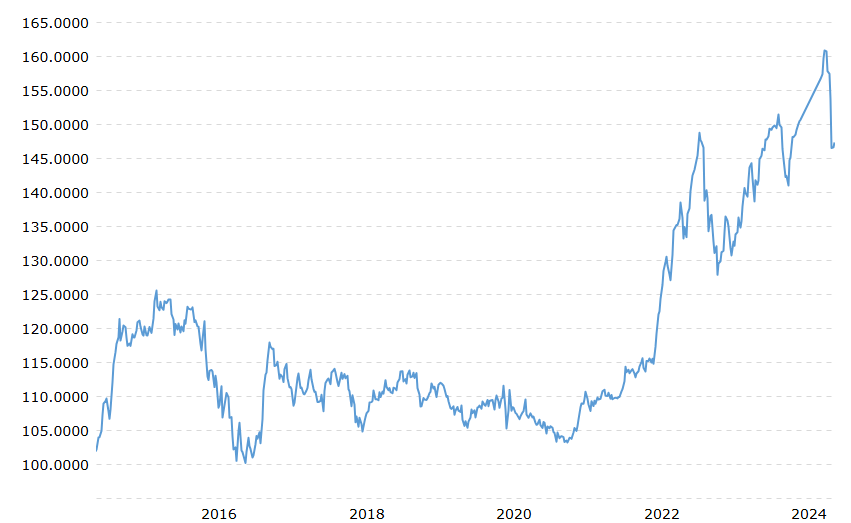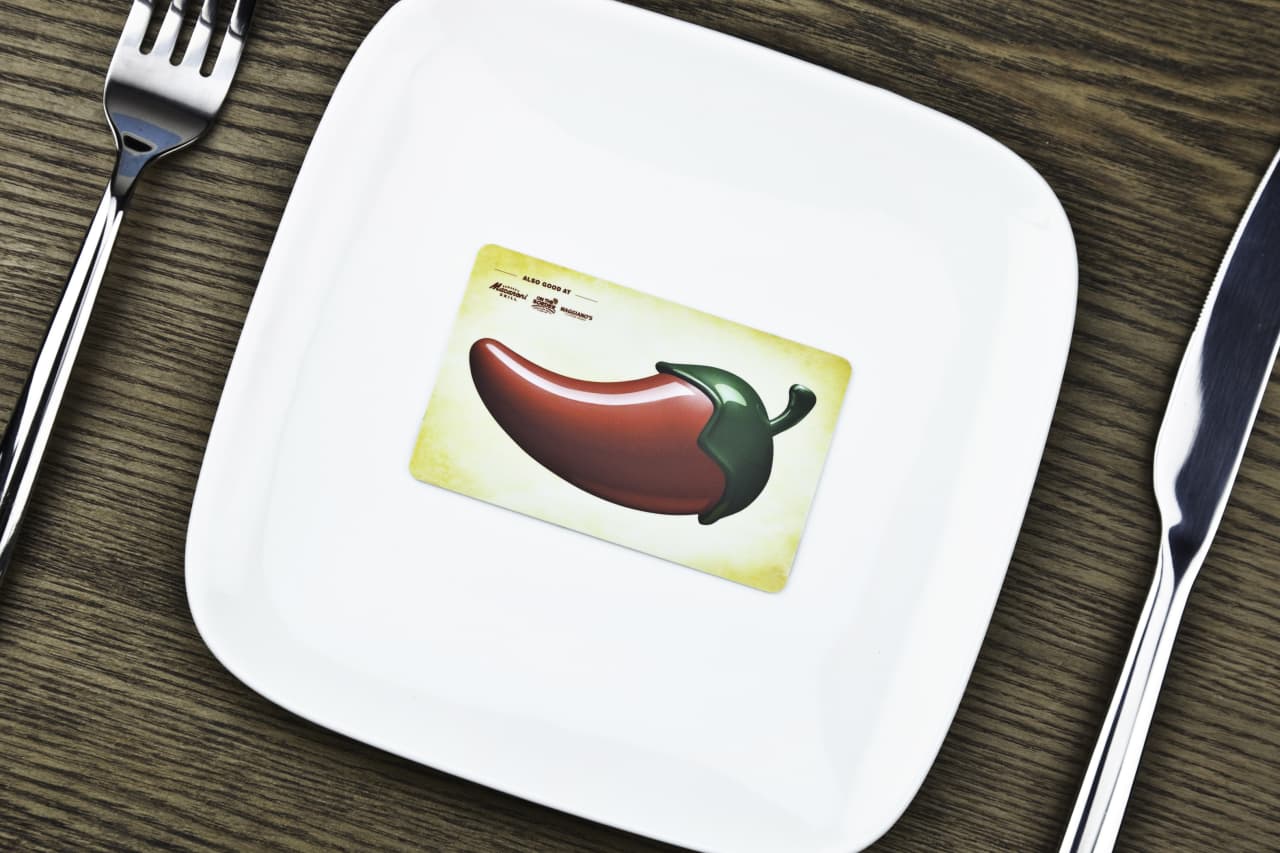The long block outside of the US Treasury Department on Tuesday was lined with protesters. They flooded across the street with signs bearing slogans: “Nobody elected Musk”; “This is illegal”; “Stop the coup.” It was one of multiple DC protests targeting billionaire Elon Musk’s reported access to core government payment systems, attended by Democratic members of Congress — and citizens who fear too few people are standing in Musk’s way.
“What we’re witnessing here is the biggest heist in American history,” Sen. Chris Van Hollen (D-MD) told the tightly packed crowd, which was peppered with signs, surgical masks (a common protest security measure), and an orange mylar balloon that resembled a cartoon of President Donald Trump. The vibe was orderly but energetic. Some signs called for Musk’s arrest, and at one point, protesters began an impromptu chant of “lock him up.”
In just the last few days, Musk and the Department of Government Efficiency (DOGE) — a new temporary organization Trump created out of the United States Digital Service and appointed Musk to lead — have consolidated power and targeted a growing list of federal departments. He’s taken it upon himself to shut down the United States Agency for International Development (USAID) and reportedly locked out civil servants at the Office of Personnel Management (OPM) from their own computer systems. “This is all about taking over the government in order to advance the interests of Elon Musk and the billionaires at the expense of everybody else in America,” continued Van Hollen.
“We have got to tell Elon Musk, nobody elected your ass,” Rep. Maxine Waters (D-CA) said, prompting a round of cheers and laughs from protesters.
The crowd, which appeared to include upward of a thousand people, was peaceful but audibly upset. Attendees cheered for Democratic lawmakers who spoke at the rally, including Sen. Elizabeth Warren (D-MA), Rep. Jamie Raskin (D-MD), and Rep. Ayanna Pressley (D-MA), who gave rousing speeches about not ceding the government to Musk’s control. But speaking with The Verge, protesters said it felt like elected officials were just beginning to push back on Musk’s unprecedented control, and some wanted more. After remarks from Senate Minority Leader Chuck Schumer, a chant from the crowd broke out: “shut down the Senate!” So far, Schumer and other Democratic senators haven’t gone that far.
“Where’s the leadership of the Democratic Party in this?” asked one rally-goer, who declined to provide their name. “There are people that you cannot cooperate with, and it’s time to recognize that. So it’s time to mount a real opposition to what looks like a hostile takeover of the US government.”
The demonstration encapsulated a common feeling in Washington: that Musk’s unprecedented access to sensitive government data and operations marks a tipping point toward oligarchy; after all, he spent a quarter of a billion dollars securing Trump’s presidency and his own newly created job. Alongside it — at this rally and one held in front of OPM earlier that day, as well as in conversations with federal workers — is a sense that many Americans haven’t noticed and people in power aren’t doing enough to help.
“What’s happening right now is the whole ball game,” said Katie Moore, who attended Tuesday’s rally in front of the Treasury. “If they can just do stuff like this with no accountability at all, how can we stop anything they’re trying to do? I don’t think people outside of DC get a good sense of how big a deal this is.”
Rep. Jamie Raskin speaks to protesters.
While the Treasury rally was relatively well attended, the OPM event earlier that day — the second of five planned for this week — was far sparser. It drew only about 50 people, roughly doubled from the day before, organizers said. Attendees were similarly enthusiastic, singing and sharing stories about the impact of Musk’s takeover, and passing cars during the morning rush hour honked in solidarity. Rally-goer Nadine Seiler, though, was pessimistic. “We could only amass 50 people to show up with this person accessing hundreds and hundreds of millions of people’s personal information,“ Seiler told The Verge. “You can’t want revolution, you can’t want change, and then want to be comfortable” — she found herself “concerned that the American people don’t care.”
Seiler, Moore, and many other demonstrators were not federal workers. “This pertains to all of us,” Seiler argued. “The information that they have access to includes people who file taxes online.” (Reports say the systems include information like student loan data and Social Security numbers, among other personal data.) Moore expressed concern that someone like Musk infiltrating the federal government is “the thing that we can’t fix easily with an election.”
Another protester, Krista O’Connell, fears Musk’s access to federal data because she believes “he has no moral compass or guardrails.” Even before Trump’s inauguration, Musk was using the banner of DOGE to direct harassment at little-known government employees. “The range of things he could do with that data, it’s just so wide that it’s just terrifying. You have to assume the worst.”
After Warren demanded information earlier this week about Musk’s payment system access, Treasury official Jonathan Blum said that the department was “committed to safeguarding the integrity and security of the system.” Blum said that staff of Tom Krause, a Treasury employee and tech executive connected to DOGE, would have “read-only access to the coded data of the Fiscal Service’s payment systems” that is similar to what the department would provide auditors. This description doesn’t tally with reports from Wired and TPM, which say that Musk associates have administrative privileges allowing them to write code and potentially modify payment systems.
Warren laid out worst-case scenarios for Musk’s reported access: delays to a Social Security check to someone who criticizes him on X; denial of a Medicare payment for care that someone at DOGE deems medically unsound. (The Treasury has denied any payments have been rejected.) Musk, it’s frequently noted, has an empire of businesses that rely partially on government contracts and could benefit from deeper access. “Every American’s information is at risk — your privacy, your security, every one of you,” Sen. Richard Blumenthal (D-CT) told the crowd. “What is Elon Musk going to do with that information? What does Elon Musk do with anything he touches? He makes money.”
The fork represents an email sent to government employees with the subject line: “A Fork in the Road.”
Beyond any single action is a larger looming question: if Musk can claim the authority to shut down a congressionally funded agency like USAID, and DOGE has the technical capacity to control Treasury payments, what prevents it from quietly (or even loudly) reshaping other parts of Congress’ appropriations? Trump declared an across-the-board federal funding freeze last week and was rebuffed by a court order. DOGE, too, is facing legal challenges, but their outcome remains unknown.
Rep. Brendan Boyle (D-PA), the ranking member of the House Budget Committee, says in a statement that “Trump’s attempts to withhold funds that have already been approved are flatly unconstitutional. Let me be clear: an appropriations bill is a law, and Donald Trump has a constitutional duty to follow it to the letter. We will use every tool at our disposal to force them to follow the law, but if Trump or Elon are under any illusions about what the law already requires, I would encourage them to read Article I of the Constitution.”
Democratic lawmakers, though, have publicly declared their tools are limited. Without a majority in either chamber, they can’t stop actions that Republicans appear mostly aligned on. Some hope to take advantage of Republicans’ slim edge in Congress, stalling operations with procedural maneuvering or denying Republicans a winning vote. “While there are absolutely things Democrats can and must do to slow, obstruct, etc, GOP hold both House and Senate majorities, severely limiting our options,” Rep. Alexandria Ocasio-Cortez (D-NY) wrote on Bluesky.
The comment was somewhat surprising from a lawmaker who’s been known to critique her own party for inaction. But on a livestream on Tuesday, she assured constituents that they’d be likely to see more action from Democrats now that House members have returned from their districts to Washington and advocated that the Senate block all of Trump’s nominees. “We need to be a pain in the ass,” she said.
Politicians’ speeches seemed to provide some comfort to protesters. But they are still pushing for Democrats to be more disruptive, including by making it harder for Republicans to confirm Trump’s nominees by denying them procedural shortcuts to swifter votes. Lawmakers, meanwhile, say there’s only so much they can do on their own. “We have to reach beyond this crowd, reach beyond this city,” says Blumenthal. “Reach beyond Democrats to Republicans and say, you are losing your country, too.”
The crowd quickly dispersed once the remarks concluded. The doors to the Treasury building remained closed to lawmakers. It was unclear who beyond those doors was listening.












